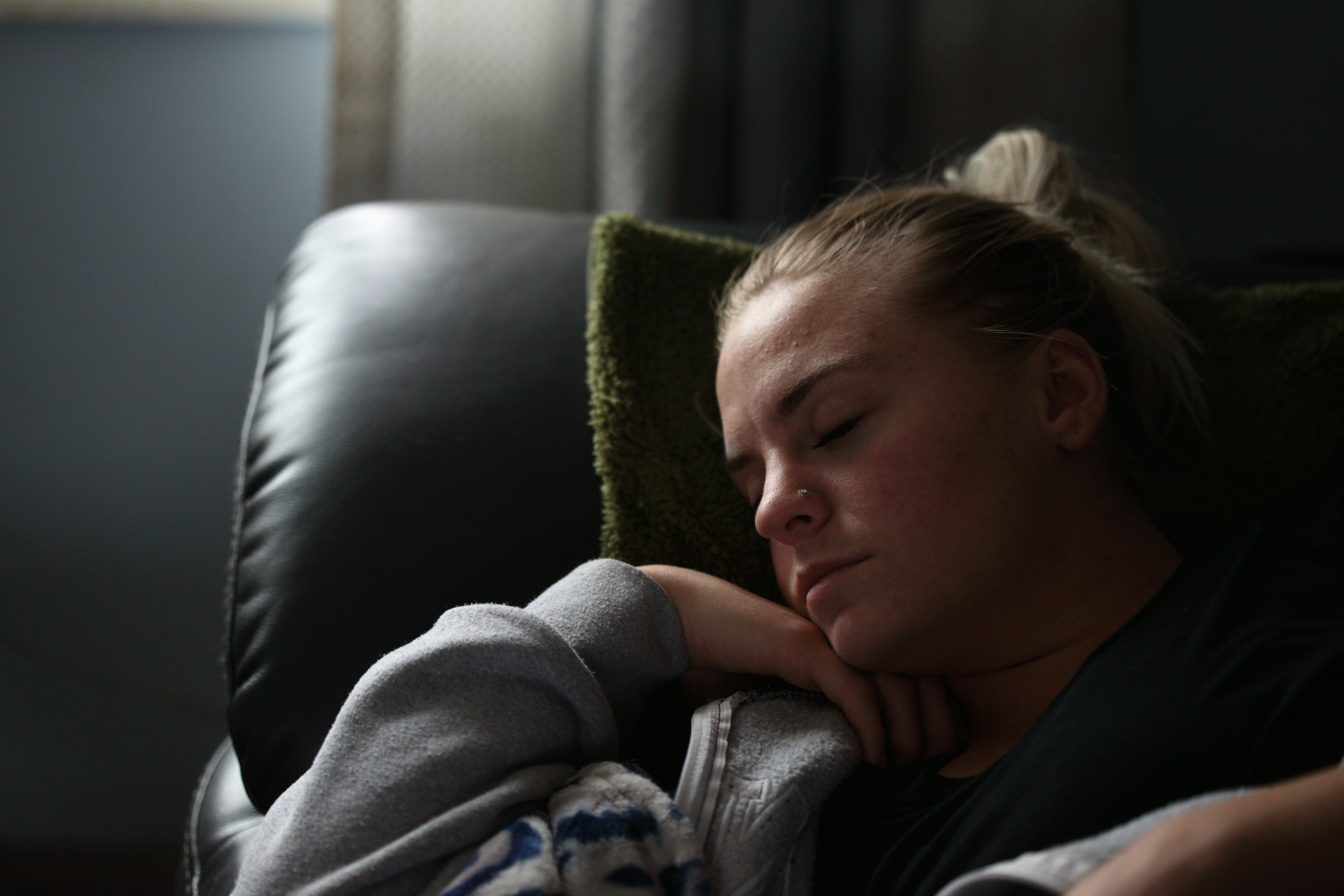Morning Dizziness: Causes, Treatments, and When to See a Doctor
Waking up to a spinning sensation can be disorienting and unsettling. Morning dizziness affects many individuals, impacting their daily routines and overall well-being. This article delves into the common reasons behind this phenomenon, explores effective treatment options, and provides guidance on when to consult a medical professional.

What Are the Common Causes of Morning Dizziness?
Several factors can contribute to feeling dizzy upon waking. Dehydration is a frequent culprit, as the body loses fluids during sleep. Low blood sugar levels, especially for those who skip breakfast, can also trigger dizziness. Sleep disorders, such as sleep apnea, may lead to morning lightheadedness due to disrupted oxygen flow. Additionally, certain medications, inner ear problems, or sudden changes in blood pressure when rising from bed can cause this unsettling sensation.
How Is Morning Dizziness Diagnosed?
Diagnosing the root cause of morning dizziness typically involves a comprehensive approach. Healthcare providers often start with a detailed medical history and physical examination. They may inquire about sleep patterns, medication use, and other symptoms. Depending on the suspected cause, diagnostic tests might include blood work to check for anemia or blood sugar issues, balance tests, or imaging studies like MRI or CT scans to examine the inner ear and brain structures.
What Are Effective Treatment Options for Morning Dizziness?
Treatment for morning dizziness varies based on the underlying cause. For dehydration-related dizziness, increasing fluid intake, especially before bedtime and upon waking, can be beneficial. If low blood sugar is the issue, eating a balanced breakfast and maintaining regular meal times may help. For those with sleep disorders, addressing the primary condition through lifestyle changes or medical interventions can alleviate morning symptoms. In cases of medication-induced dizziness, healthcare providers might adjust dosages or prescribe alternatives.
How Can Lifestyle Adjustments Improve Balance and Reduce Dizziness?
Making certain lifestyle changes can significantly impact morning dizziness. Establishing a consistent sleep schedule and creating a relaxing bedtime routine can improve sleep quality. Regular exercise, particularly balance-focused activities like yoga or tai chi, can enhance overall stability. Limiting alcohol and caffeine consumption, especially in the evening, may also reduce the likelihood of morning dizziness. Stress reduction techniques, such as meditation or deep breathing exercises, can help manage anxiety-related dizziness.
What Signs Indicate the Need for Medical Attention?
While occasional morning dizziness might not be cause for alarm, certain symptoms warrant prompt medical evaluation. Persistent or severe dizziness, especially when accompanied by other symptoms like headaches, vision changes, or hearing loss, should be assessed by a healthcare professional. Sudden onset of intense dizziness, difficulty walking, or loss of consciousness are red flags that require immediate medical attention. Additionally, if morning dizziness significantly impacts daily activities or quality of life, it’s advisable to consult a doctor for a thorough evaluation.
Morning dizziness can stem from various factors, ranging from simple dehydration to more complex health issues. By understanding the potential causes and implementing appropriate lifestyle changes, many individuals can find relief. However, it’s crucial to recognize when professional medical advice is necessary. Persistent or severe symptoms should never be ignored, as they may indicate underlying health concerns that require proper diagnosis and treatment.
How Can You Prevent Morning Dizziness?
Prevention is often the best approach to managing morning dizziness. Staying well-hydrated throughout the day and evening can help prevent dehydration-related symptoms. Maintaining a balanced diet with regular meals can stabilize blood sugar levels. Creating a sleep-friendly environment and practicing good sleep hygiene can improve overall sleep quality. For those prone to orthostatic hypotension (a drop in blood pressure upon standing), techniques like slowly rising from bed and flexing leg muscles before standing can be helpful. Regular check-ups with healthcare providers can also catch potential issues early, allowing for timely interventions.
This article is for informational purposes only and should not be considered medical advice. Please consult a qualified healthcare professional for personalized guidance and treatment.
The shared information of this article is up-to-date as of the publishing date. For more up-to-date information, please conduct your own research.




